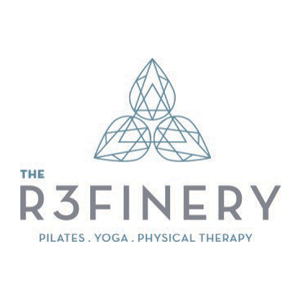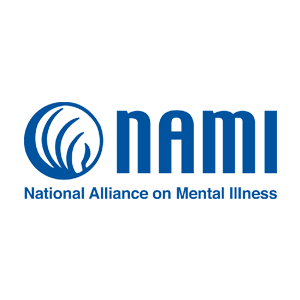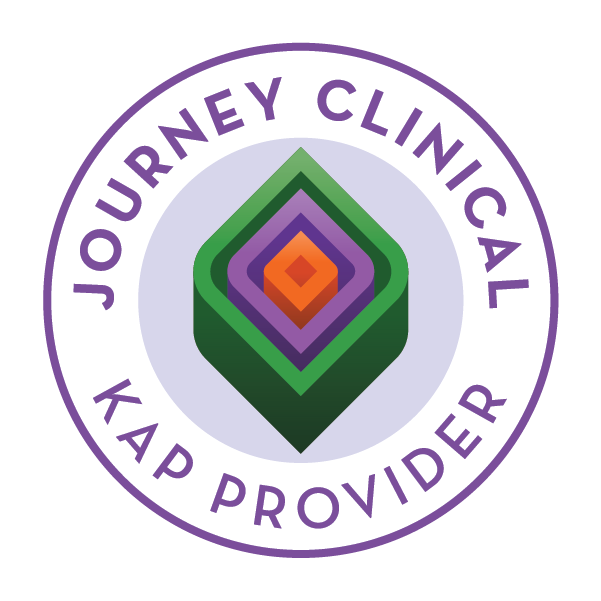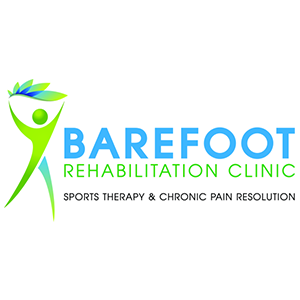3 Great Reasons to Visit a Counseling Center
Have you been feeling anxious or depressed lately? In today’s fast-paced world, it can be difficult to address these issues. After all, mental wellness often takes a back seat, overshadowed by the demands of daily life. Yet, just as we visit doctors for physical ailments, seeing a counselor is crucial for maintaining mental health. Whether you've experienced a traumatic event or simply need someone to talk to, counseling may be what you need to feel like yourself again. Counseling centers provide vital support that addresses personal, emotional, or psychological issues, offering a space for individuals to work through challenges with professional guidance. Let's take a look at a few great reasons why you should consider visiting a counselor.
1. Expert Solutions
Firstly, counseling centers offer expert solutions for managing anxiety, depression, stress, and a wide range of other mental health conditions. According to Help Guide, 20% of adults in the United States have some form of mental health condition, underlining the prevalence and importance of seeking professional help. With trained professionals available to provide therapy and support, individuals can gain strategies to cope effectively, ultimately improving their quality of life.
2. A Confidential Environment
Another compelling reason to visit a counseling center is the provision of a safe, confidential environment to express thoughts and feelings. Unlike casual conversations with friends or family, counseling sessions are structured to provide compassionate listening without judgment. This aspect enables clients to explore their emotions and behaviors more deeply, leading to insights and breakthroughs that are harder to achieve on their own.
3. Personal Development
Counseling centers not only help individuals manage their mental health issues but also assist in personal development. They provide tools and frameworks to enhance one’s self-awareness and interpersonal skills. This empowerment leads to better decision-making, stronger relationships, and a clearer understanding of one’s goals and desires. Visiting a counseling center can thus be pivotal not just in overcoming current difficulties but also in fostering long-term personal growth.
Visiting a counseling center is a proactive step toward caring for one's mental health. It provides expert support, a safe space for personal exploration, and resources for self-improvement. Whether facing a specific issue or seeking personal development, the benefits of seeking a counselor at Presence of Mind Therapy are invaluable. Give us a call today to get started with a free initial consultation.






















Share On: